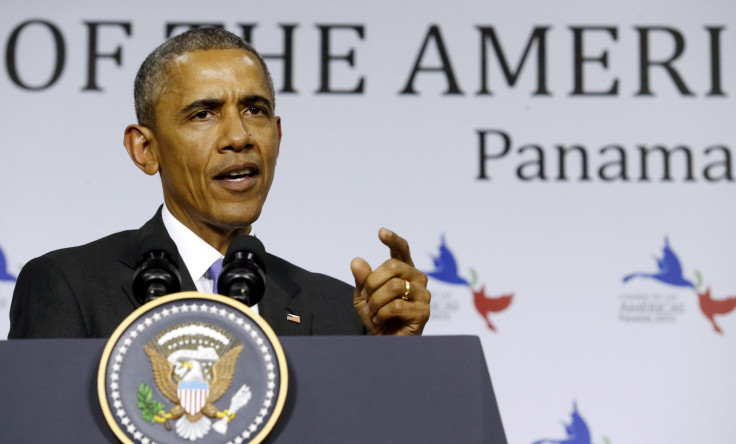TPP And Fast Track Authority: Obama Gets Reprieve Till July To Mollify Partymen For ‘Yes’ Vote

In a bid to salvage the Trans Pacific Pact, jolted by the failed vote in Congress on Friday that sought to empower president Barack Obama with a Fast Track Authority, the House has now given a benign six weeks to the president to sort out the fast track imbroglio.
The gesture came after House Republican leaders convinced their members to approve a rule change for extending the time to try a second vote on the trade package. The crucial part of the Authority legislation, namely Trade Adjustment Assistance failed on Friday and led to the crumbling of the entire package, which would have granted Trade Promotion Authority to the president.
Now lawmakers have time until July 30 to make the necessary compromises to pass the whole package afresh and send it for President Obama’s signature. However, Mr Obama’s own Democrats are opposing the six-week extension to reconsider the matter. That makes its outcome unpredictable.
Supporters of the trade pact say "fast track authority" is essential to give the U.S. to have flexibility in rules for trade in the 21st century while critics flay it for its excessive secrecy and the secrecy in negotiations under a veil. They also suspect the trade agenda to be largely tilted towards the interests of big businesses.
The senate has already approved trade negotiating power for the president with a slender margin of 219-211. "But, for the White House and business community, delay is better than defeat," said Richard Katz of the Oriental Economist Report. "We are not predicting that TPA will pass the House. That vote is still too close to call. What we are saying is that it's too early to start putting nails in the coffin," he noted.
Clinton Factor
Meanwhile, Hillary Clinton’s stand also threw a spanner on president Obama's quest to "fast-track" the TPP. The presidential candidate threw her weight behind defiant Democrats who are against the measure. Clinton's criticism of the handling of trade issue from the campaign trail considerably dimmed hopes of White House reviving the TPP drive in Congress.
"I believe that one of the ways the president could get fast-track authority is to deal with the legitimate concerns of those Democrats who are potential 'yes' voters to see what's in the negotiation or even what's in the existing framework agreement that is being drafted, could be modified or changed," Clinton said in New Hampshire.
Australia Optimistic
However, Australia's trade minister Andrew Robb was optimistic that the countries involved in the trade talks can reach an agreement. The TPP negotiations seeks to create a region-wide free-trade area and involve Australia, Brunei, Canada, Chile, Japan, Malaysia, Mexico, New Zealand, Peru, Singapore, the United States and Vietnam.
The trade deal is also noted for its exclusion of China despite its status as the world's second-largest economy and trading partner for most of the countries. Its Xinhua News Agency observed that most participants in the TPP negotiations will be reluctant to commit any politically costly changes until Obama gains fast-track authority from his own law makers.
Foreign Ministry spokesman Hong Lei also reiterated Beijing's stand that trade rules must allow for diversity. "China would like to actively engage in building a regional cooperation framework with regional countries which is open, inclusive, balanced and in favor of shared interests, pushing ahead with regional economic integration," Hong said.
(For feedback/comments, contact the writer at k.kumar@ibtimes.com.au)





















